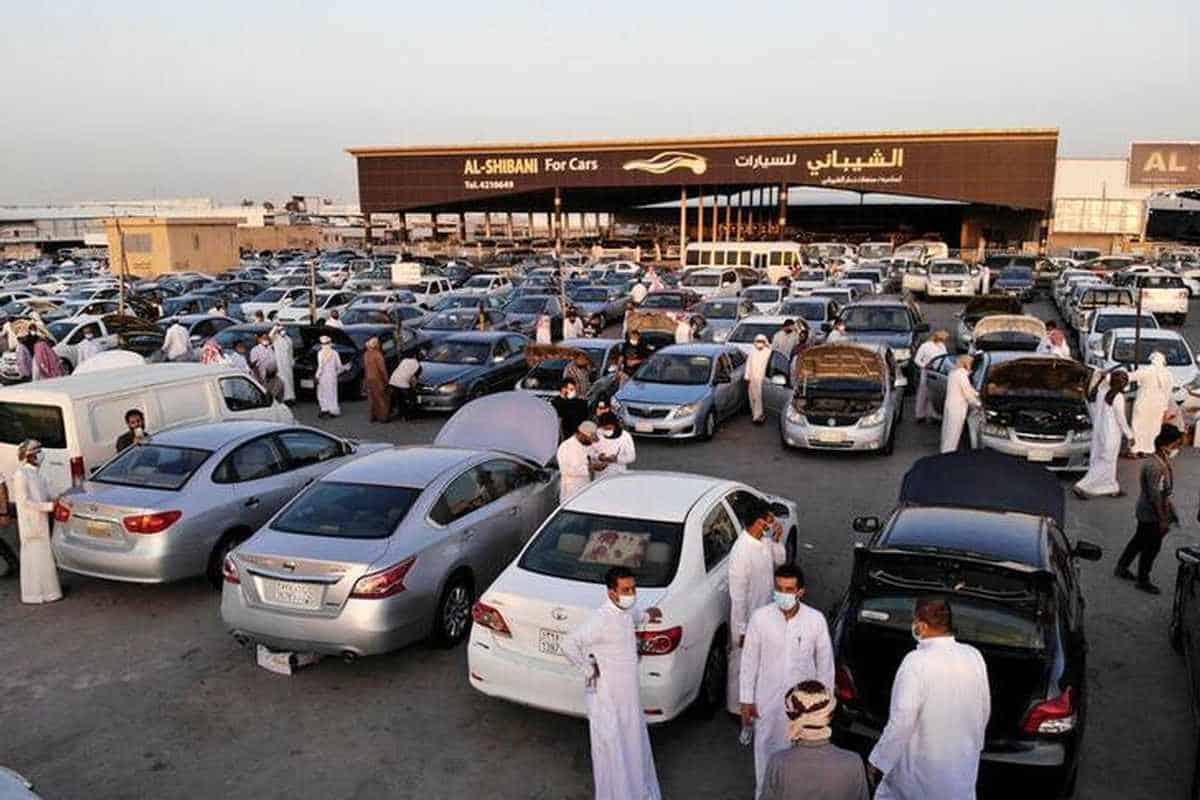Saudi Arabia's love affair with cars has intensified in recent years, with official figures revealing a significant surge in vehicle imports. According to the Zakat, Tax, and Customs Authority, the Kingdom has imported a staggering 160, 000 cars over the past two years. This impressive figure reflects a near 40% year-on-year growth in 2023, with imports reaching 93, 199 units.
This import boom is attributed primarily to a rise in motor vehicle purchases, accounting for roughly 75% of the overall increase. The data indicates a corresponding rise in the import value for this category, reaching SR39. 7 billion, which translates to a significant 26. 29% increase.
Hamoud Al-Harbi, the spokesperson for the Zakat, Tax, and Customs Authority, highlighted this growth, emphasizing its impact on Saudi Arabia's position in the global automotive market. The Kingdom has solidified its place as a major player, currently accounting for more than half of all car sales within the Gulf Cooperation Council (GCC) countries. This impressive achievement further propels Saudi Arabia into the elite group of the top 20 car markets worldwide.
Industry analysts attribute this import surge to a confluence of factors. The economic reforms implemented under Saudi Vision 2030, the country's ambitious diversification plan, have played a significant role. These reforms have spurred economic growth, boosted disposable incomes, and fostered a more consumer-driven economy. Additionally, a young and increasingly affluent population with a growing appetite for automobiles has contributed to the import rise.
The Saudi government has also played a part in this trend by implementing measures that make car ownership more accessible. These include facilitating car loans, simplifying import procedures, and introducing a value-added tax (VAT) system that excludes certain car categories. This combination of economic and policy factors has created a perfect storm for Saudi Arabia's burgeoning auto market.
The ramifications of this import surge extend beyond simply bolstering car sales. The growth is expected to generate significant revenue for the Saudi government through import duties and taxes. Additionally, it is likely to create new job opportunities within the automotive sector, encompassing dealerships, service centers, and the spare parts industry.
Furthermore, the influx of new vehicles is expected to have a long-term impact on Saudi Arabia's transportation infrastructure. The government is likely to prioritize road development and maintenance projects to accommodate the growing number of cars on the road. This focus on infrastructure development will not only benefit car owners but also contribute to the overall economic development of the country.
While the import boom presents exciting prospects for the Saudi Arabian automotive industry, some challenges remain. Traffic congestion in major cities is a growing concern, and the influx of new vehicles could exacerbate this issue. Additionally, the environmental impact of increased car usage needs to be addressed through sustainable transportation initiatives and the promotion of fuel-efficient vehicles.
In conclusion, Saudi Arabia's car import surge signifies a thriving automotive market fueled by economic growth, a young population, and supportive government policies. The long-term impact of this trend promises to be significant, shaping not only the transportation landscape but also contributing to the country's economic diversification goals.

